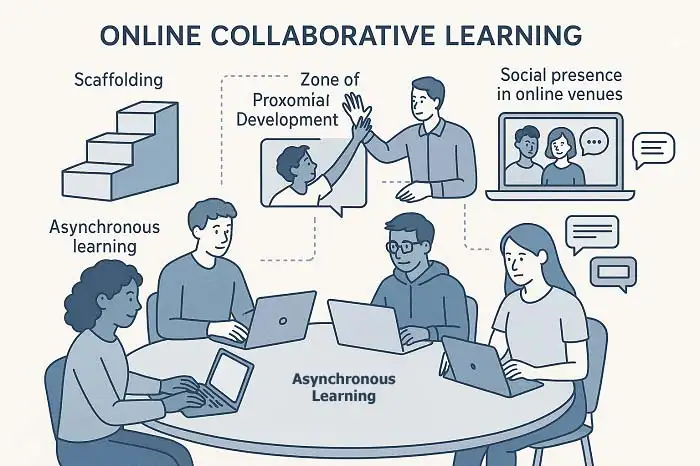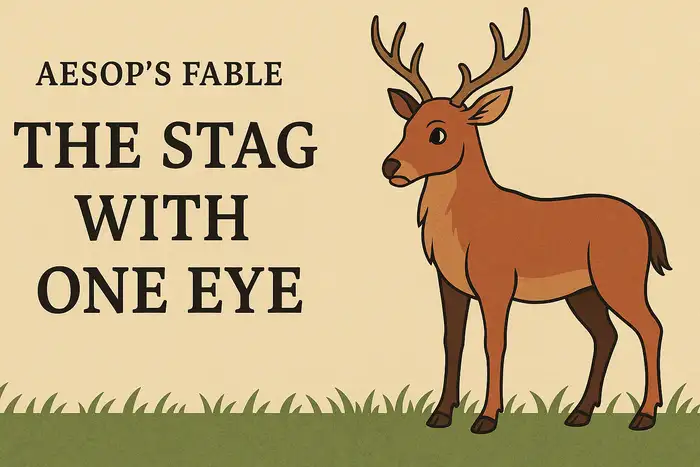IELTS Listening Practice Stephen Hawking's Last Words IELTS Listening Practice Stephen Hawking's Last Words About this activity This activity is labeled round table by Dr. Hariri, the creator and administrator of LELB Society. This activity is on the premise of Flipped Learning, according to which the students watch a video before the class, carry out research into the selected theme, and prepare themselves for an informed discussion in the class. This activity is on the basis of both synchronous and asynchronous computer-mediated communication (CMC), according to which the students are also encouraged to be active even before the class. In this flipped classroom activity, the students are encouraged to utilize the comment form at the bottom of the post to to exchange their questions, ...
Home » Listening Practice in English » IELTS Listening Practice Stephen Hawking’s Last Words

IELTS Listening Practice Stephen Hawking’s Last Words
Updated: by Dr. Mohammad Hossein Hariri Asl
Time to Read: 5 minutes | 336 Views | 5 Comments on IELTS Listening Practice Stephen Hawking’s Last Words
Share This Post
About the Author
Dr. Mohammad Hossein Hariri Asl is an English and Persian instructor, educator, researcher, inventor, published author, blogger, SEO expert, website developer, entrepreneur, and the creator of LELB Society. He's got a PhD in TEFL (Teaching English as a Foreign Language).
Number of Posts: 4242



3. When did Stephen Hawking realize that while there is life, there is hope?
Stephen Hawking expressed the idea that “while there’s life, there is hope” during a speech at the Hong Kong University of Science and Technology in 2006. This quote reflects his optimistic outlook on life, emphasizing that no matter how challenging circumstances may be, there is always potential for positive outcomes and achievements as long as there is life.
2. How much time is left to live on our planet? (According to Stephen Hawking’s speech)
Suggestion:
To cite or quote a person, simply say: according to a person or scholar.
1. What does the following expression imply? [Time 0:29]